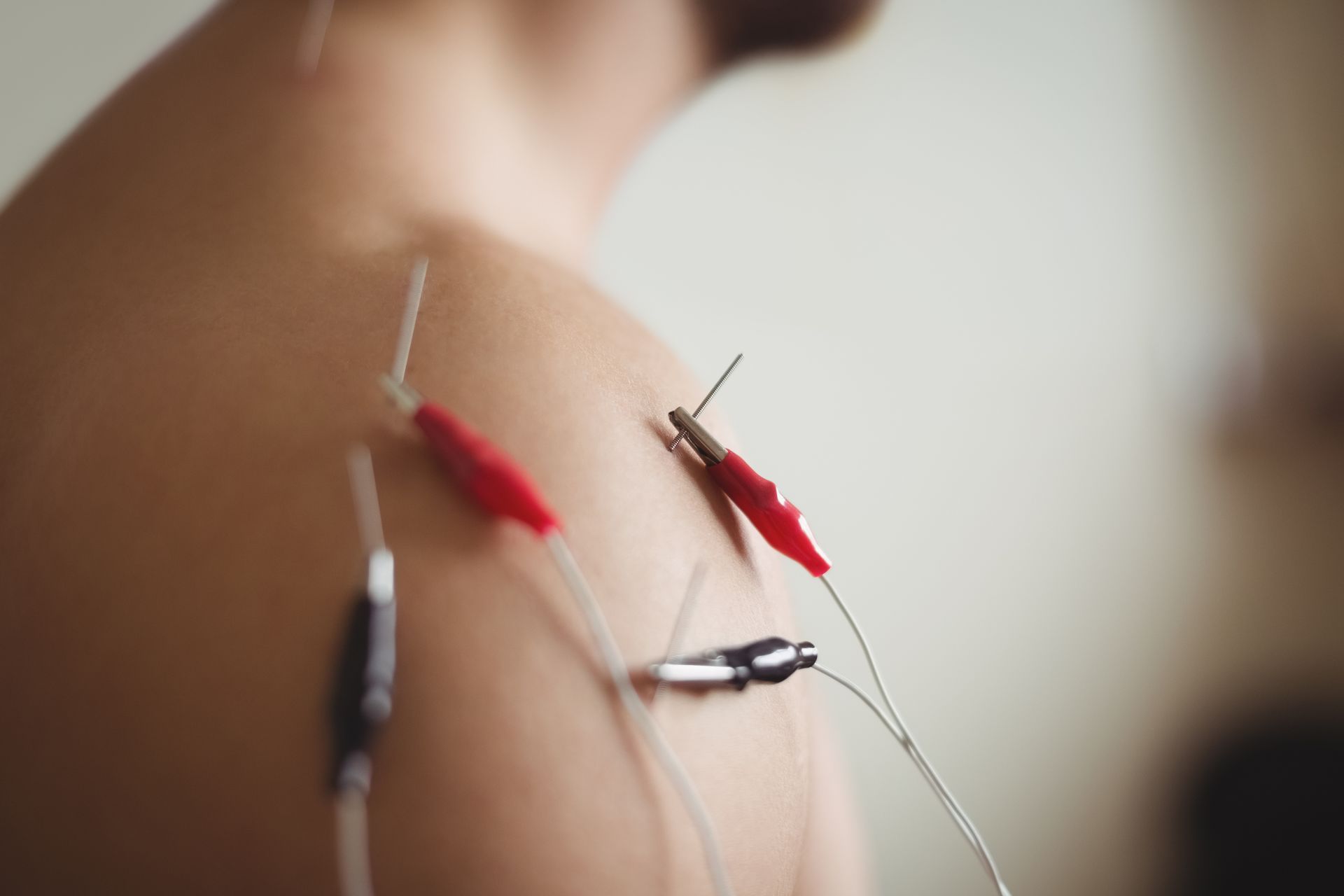The Importance of Early Intervention for TMJ Dysfunction
TMJ stands for temporomandibular joint. These joints are located on each side of your face and connect your lower jawbone to your skull. They are important for opening and closing your mouth, chewing, speaking, and more.
For various reasons, the ligaments and muscles around the joints can sometimes become inflamed. This can cause pain, headaches, difficulty opening your mouth, and much more.
What is TMJ Dysfunction and What are the Symptoms?
TMJ dysfunction is the name for the inflammation or irritation in the area around the temporomandibular joint. There are many potential symptoms of this issue.
Those who are dealing with TMJ dysfunction may experience many symptoms, depending on the severity of the situation as well as their own personal situation.
TMJ dysfunction symptoms typically include:
- Pain in the jaw or face
- Difficulty opening your mouth widely
- Situations where you jaw “locks” in either an open or closed position
- Neck and shoulder pain
- Headaches
- Clicking or popping sounds when you open and close your mouth
- Ringing in the ears
- Swelling
- Tooth pain
- And much more
If you are experiencing any of these symptoms, it’s important to get an assessment and determine if TMJ disorder is the reason for your pain or discomfort. This can be very important, since early intervention and treatment can alleviate pain and discomfort and also reduce your risk of developing more serious symptoms in the future.
How Early Intervention Can Help Prevent More Serious Problems Down the Road
TMJ dysfunction can potentially worsen if left untreated. While your symptoms may be resolved by seeking invention early, there is the possibility of permanent damage or disability if you wait too long. If left untreated, a TMJ disorder can make it difficult to eat, chew, or speak without pain.
In severe cases of TMJ disorder, surgery may be recommended. However, this is typically only considered once other options have been exhausted. If you treat the situation early, there’s a much better chance that less invasive options will provide relief and that could mean that surgery will be avoided.
Treatment Options
There are many treatment options for TMJ and finding the right one of your situation is important. In general, it’s usually recommended to start with the more conservative and less invasive treatment options first, since these can provide relief without significant pain or disruption in your life. This is another reason why early diagnosis and intervention are important. If you recognize and treat the situation early, you can potentially avoid surgery or other more invasive treatments.
Some of the most common treatment options are lifestyle changes. For instance, you might be advised to eat softer foods and avoid chewing gum. This can help keep your jaw from working too hard.
The usage of heat packs or cold packs may also be recommended. Depending on your situation, icing the area could help relieve pain while applying a warm cloth or towel to the area may improve range of motion.
Stretching exercises can also help. Your healthcare provider may give you some exercises to do regularly. These can help strengthen jaw muscles or stretch the muscles to improve range of motion.
Your health and wellness provider might also recommend certain lifestyle changes to alleviate symptoms. For instance, you might find improvement if you stop biting your nails, clenching your jaw, or leaning on your chin.
Results
As with nearly any health situation, the effectiveness of a treatment will depend on several factors. However, most people who receive treatment for TMJ dysfunction typically experience relief once the right treatment is determined. This means that seeking help early gives you the best chance of success.
At Healing Haven Physiotherapy, we can not only assess your situation, but also prepare a treatment plan aimed at your particular circumstances. Our team recognizes the importance of individualized treatment and working with our patients to help relieve pain. For more information or to book an appointment, please call us at
587-735-6272 or
contact us online.










